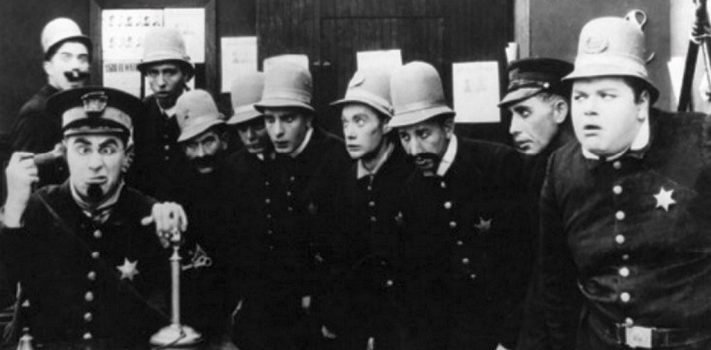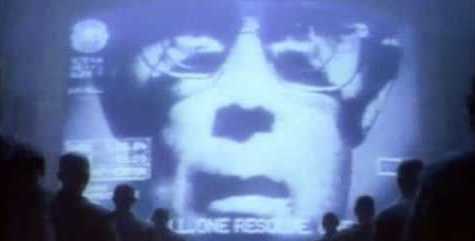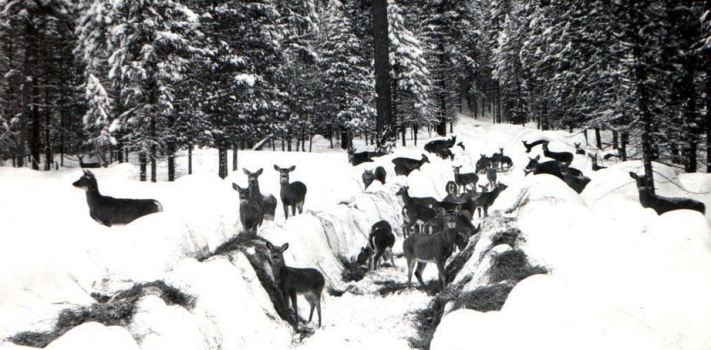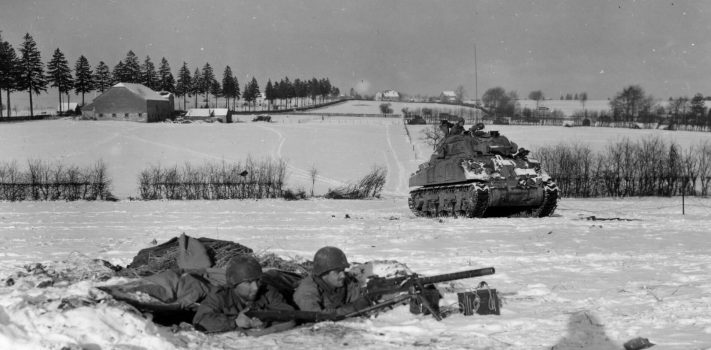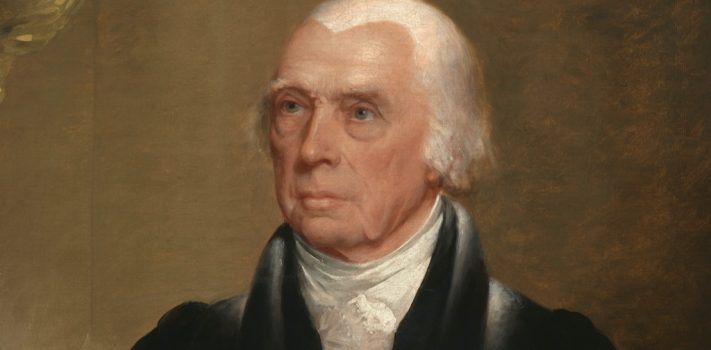On December 23, 1912, the first Keystone Kops film, directed by Mack Sennett entitled “Hoffmeyer’s Legacy” was released.
—
December 23rd is the birthday of Founding Father and Supreme Court Justice John Jay. (Born 1745, died May 17, 1829.)
—
SurvivalBlog Writing Contest
Today we present another entry for Round 110 of the SurvivalBlog non-fiction writing contest. The prizes for this round include:
First Prize:
- The photovoltaic power specialists at Quantum Harvest LLC are providing a store-wide 10% off coupon. Depending on the model chosen, this could be worth more than $2000.
- A Gunsite Academy Three Day Course Certificate. This can be used for any of their one, two, or three-day course (a $1,095 value),
- Two cases of Mountain House freeze-dried assorted entrees in #10 cans, courtesy of Ready Made Resources (a $350 value),
- American Gunsmithing Institute (AGI) is providing a $300 certificate good towards any of their DVD training courses.
- Two sets of The Civil Defense Manual, (in two volumes) — a $193 value — kindly donated by the author, Jack Lawson.
Second Prize:
- A SIRT STIC AR-15/M4 Laser Training Package, courtesy of Next Level Training, that has a combined retail value of $679
- Two 1,000-foot spools of full mil-spec U.S.-made 750 paracord (in-stock colors only) from www.TOUGHGRID.com (a $240 value).
- Two Super Survival Pack seed collections, a $150 value, courtesy of Seed for Security, LLC.
- Montana Survival Seed is providing a $225 gift code for any items on its website, including organic non-GMO seeds, fossils, 1812-1964 US silver, jewelry, botany books, and Montana beeswax.
- A transferable $150 FRN purchase credit from Elk Creek Company, toward the purchase of any pre-1899 antique gun. There is no paperwork required for delivery of pre-1899 guns into most states, making them the last bastion of firearms purchasing privacy!
Third Prize:
- A Berkey Light water filter, courtesy of Directive 21 (a $305 value),
- A $300 gift certificate from Good2Goco.com, good for any of their products: Home freeze dryers, pressure canners, Country Living grain mills, Emergency Essentials foods, and much more.
- Three sets each of made-in-USA regular and wide-mouth reusable canning lids. (This is a total of 300 lids and 600 gaskets.) This prize is courtesy of Harvest Guard (a $270 value)
- A transferable $150 FRN purchase credit from Elk Creek Company, toward the purchase of any pre-1899 antique gun.
—
More than $850,000 worth of prizes have been awarded since we started running this contest. We recently polled blog readers, asking for suggested article topics. Refer to that poll if you haven’t yet chosen an article topic. Round 110 ends on January 31st, so get busy writing and e-mail us your entry. Remember that there is a 1,500-word minimum, and that articles on practical “how-to” skills for survival have an advantage in the judging.

